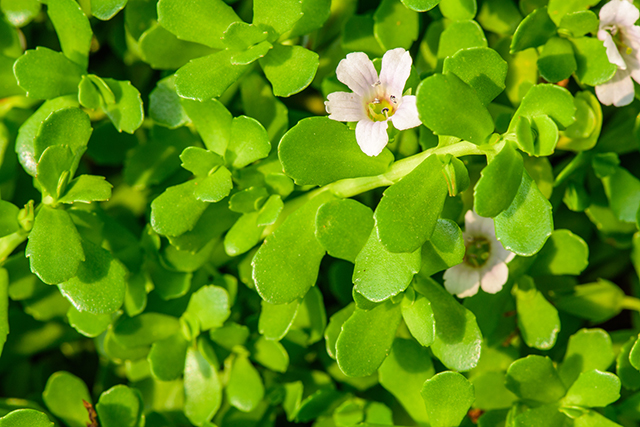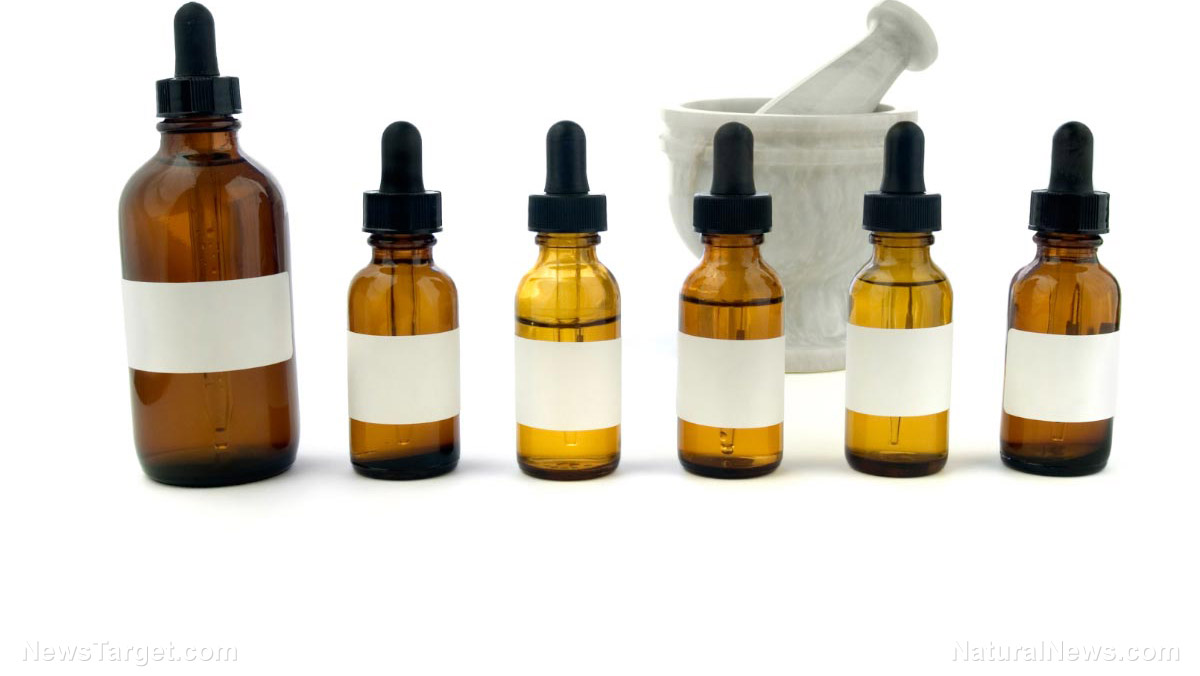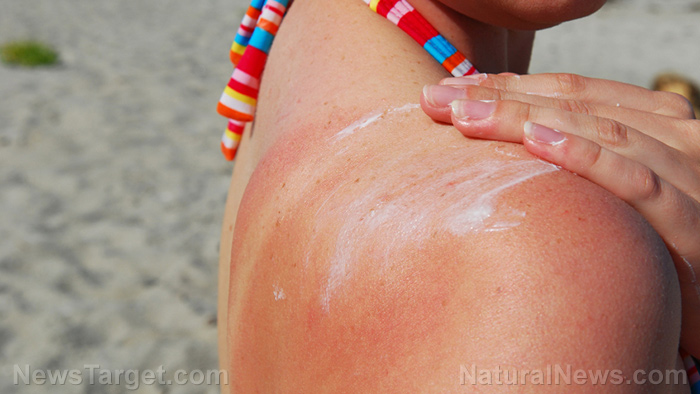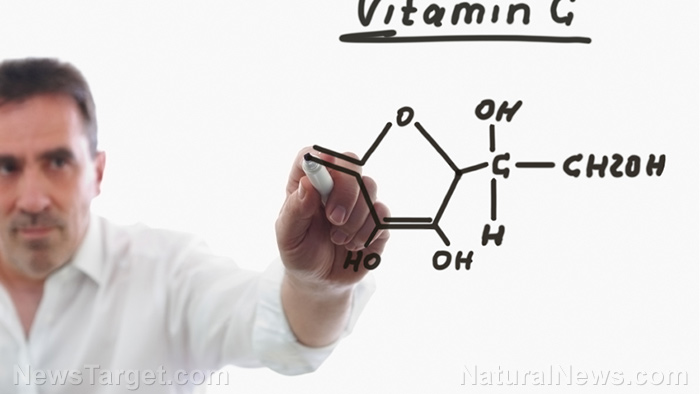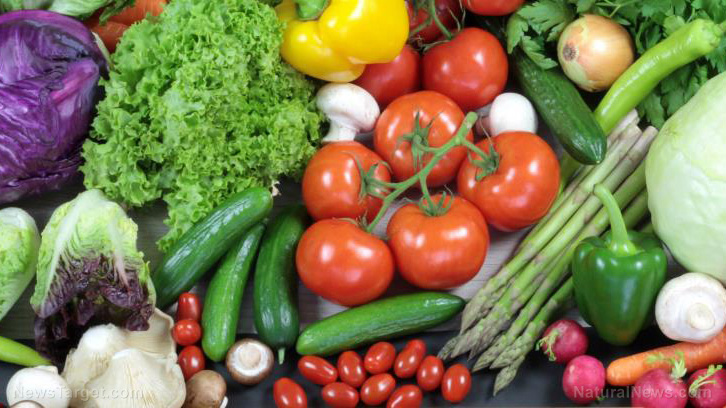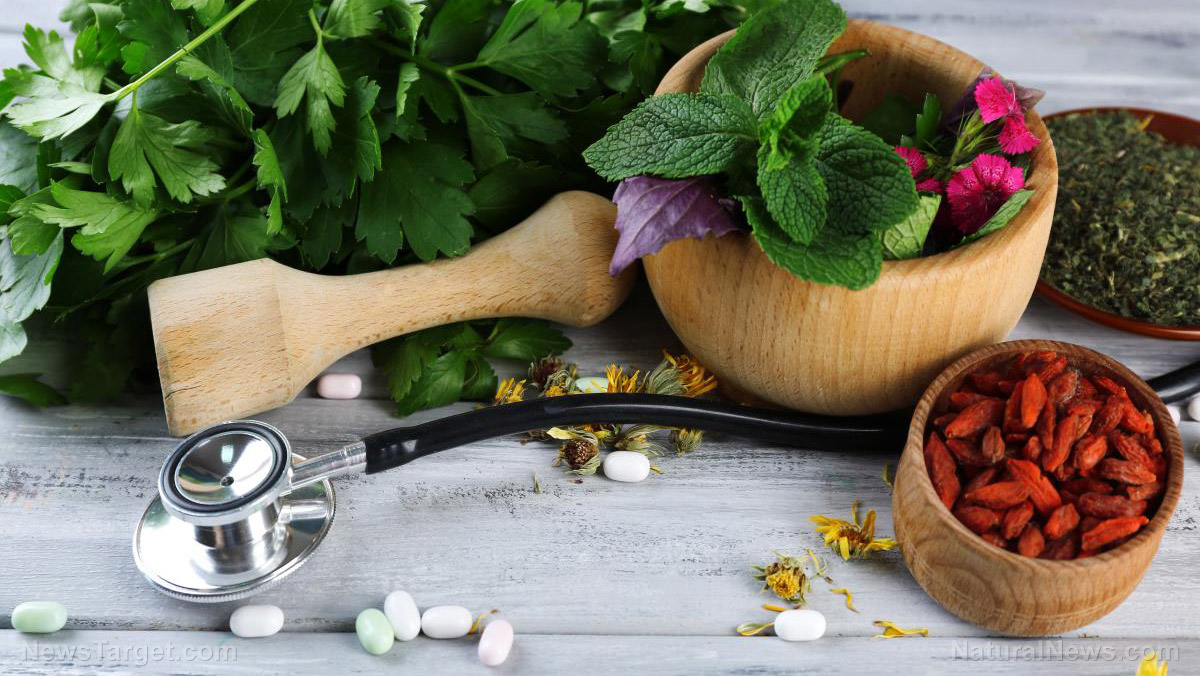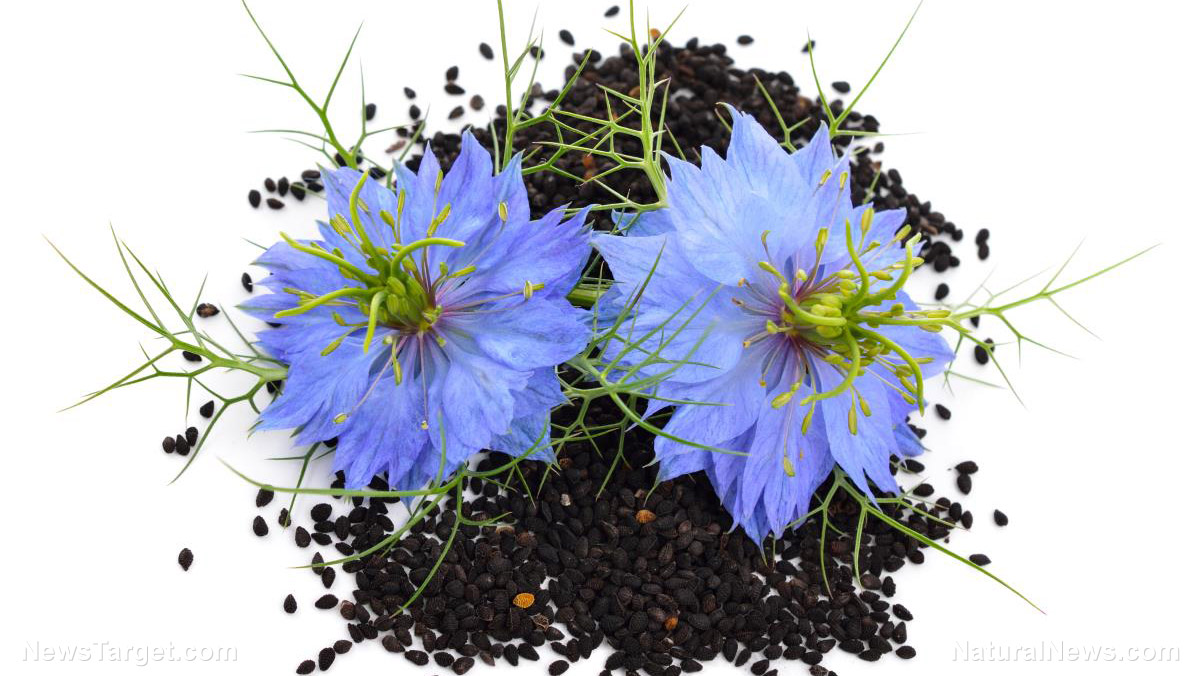When it comes to heart health, a person’s diet plays a crucial role. Eating a good amount of heart-healthy foods like tuna, nuts, berries, and oatmeal is known to keep the heart in tip-top shape. But there are two other foods that also do a good job of protecting the heart: bananas and avocados.
Both fruits contain a high amount of potassium, a mineral that, according to a study published in JCI Insight, is necessary for a healthy heart. The study, conducted by researchers from the University of Alabama at Birmingham, utilized mice prone to developing atherosclerosis, a disease wherein the arteries narrow due to plaque build-up. For 30 weeks, the mice subsisted on a high-fat, high-cholesterol diet that contained varying levels of dietary potassium: low potassium (0.3 percent weight/weight), normal potassium (0.7 percent wt/wt), and high potassium (2.1 percent wt/wt).
When compared to the normal-potassium mice, the animals in the low-potassium group showed signs of increased vascular calcification and aortic stiffness. Conversely, those in the high-potassium group were marked by reductions in stiffness and calcification.
Closer examination revealed the full and direct impact of potassium on the heart. Upon looking at arterial cross-sections, the researchers discovered highly calcified arterial rings in the low-potassium group. The opposite was observed in the arterial rings of the high-potassium group.
Following this, the researchers then examined the effects of low-potassium cell culture on vascular smooth muscle cells. The expression of numerous gene markers associated with bone cells surged exponentially under these conditions. However, the expression of vascular smooth muscle cells decreased, indicating that a low-potassium environment could cause these markers to transform into bone-like cells.
The researchers noted that there were several factors of the low-sodium environment that lead to this reaction. Most notably, the intracellular calcium of vascular smooth muscle cells was elevated through a potassium transport channel known as the inward rectifier potassium channel. Additionally, the activation of downstream mediators such as protein kinase C and cAMP response element-binding protein (CERB) seemed to further encourage calcification. (Related: Preventing heart disease is not just about reducing your salt intake, but increasing your dietary potassium as well.)
“In summary, we have determined a causative link between reduced dietary potassium and vascular calcification in atherosclerosis,” the researchers concluded. “These findings provide molecular insights into the previously unappreciated regulation of vascular calcification and stiffness by low potassium intake and emphasize the need to consider dietary intake of potassium in the prevention of vascular complications of atherosclerosis.”
A “smoothie” way of getting your daily fix
For your daily dose of potassium, bananas and avocados are simply the best. They can be enjoyed as is or combined into a deliciously satisfying and healthy smoothie. Part of what makes smoothies great is that you can easily customize them to fit your preferences. For instance, you could make a potassium-loaded smoothie by adding in dark leafy greens like spinach.
But, if you’d like to enjoy a truly sweet and creamy banana and avocado smoothie, simply follow the recipe below, courtesy of ThankHeavens.com.au:
Ingredients:
- 1 soft and peeled medium-sized avocado
- 1 banana
- 1/2 cup yogurt (Greek or unsweetened are preferable)
- 1 cup unsweetened dairy-free milk of your choice (Almond milk, rice milk, and soy milk are all ideal)
- 1 teaspoon organic vanilla extract
- 3 teaspoons natural sweetener of your choice (Honey or maple syrup work well in this recipe)
- Ice cubes
Preparation:
- Toss the avocado, banana, and yogurt into a blender and blend until smooth.
- Throw in the remaining ingredients and blend until everything is evenly mixed.
- Transfer to a glass or mason jar and enjoy.
Uncover other ways of caring for your heart by visiting Heart.news today.
Sources include:
NaturalHealth365.com
Insight.JCI.org
ThankHeavens.com.au








